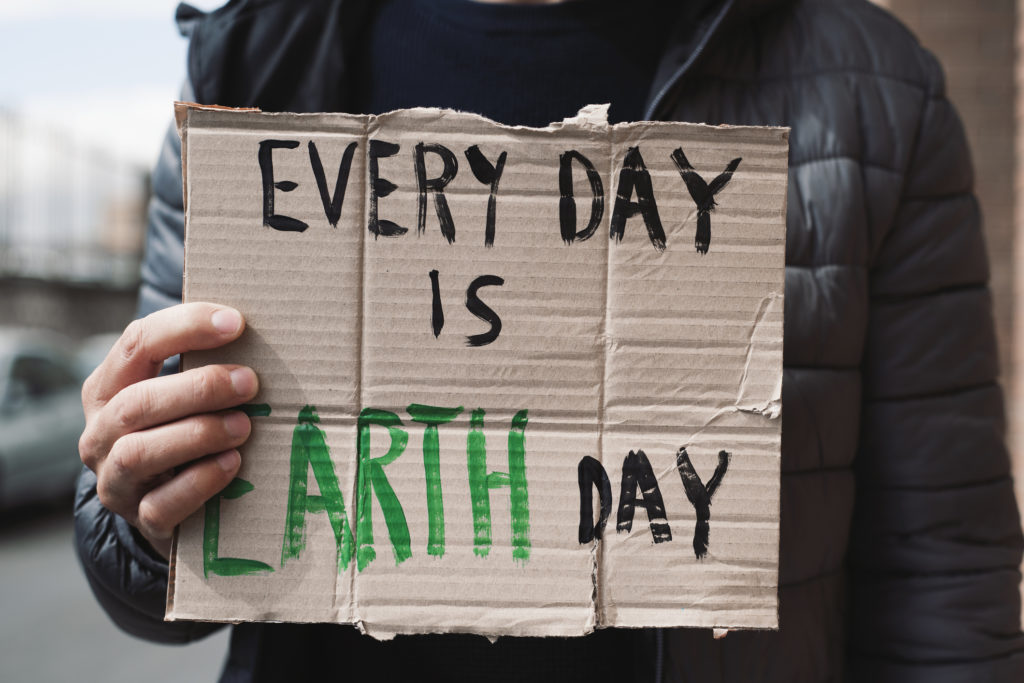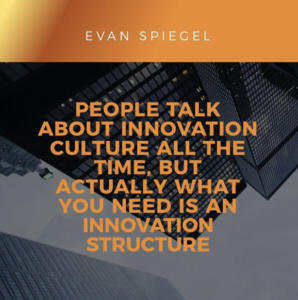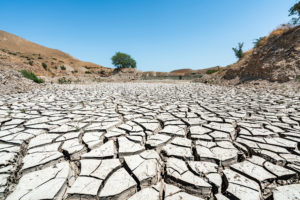Lessons Learned from Covid-19
by: Carolina Guerrero
Can Innovative Sustainable Solutions rise in the middle of this pandemic?
“In the middle of difficulty lies opportunity” – Albert Einstein.
This quote by Albert Einstein represents the lying subject of the following reflection made by many today – Is it true that opportunity can be found amidst this current crisis we are living with COVID-19? Can we find those opportunities and tackle them through innovation? The answer is YES WE CAN!
This past May the Colorado’s EU Center of Excellence at The University of Colorado in Boulder, gathered three climate and energy experts of the European Union Delegation to the United States for a discussion on the EU’s Green Deal and how the EU and the U.S. can ensure that the pandemic recovery will be sustainable and climate friendly.
The discussion was led by Professor KK DuVivier and the three climate and energy experts of the EU delegation were: Mercedes García Perez, Dagmara Koska and Irina Markina.
Professor KK DuVivier started with a very powerful quote, by Jules Kortenhorst CEO of the Rocky Mountain Institute, that said the following:
“As terrifying and destructive as this global health crisis is, it is just a preview of the increasingly severe disruptions that climate change will bring. When we do begin to emerge from this pandemic, humanity has a unique opportunity to build a better world, creating more sustainable systems that will provide more resilience to communities around the world, and reduce the emissions that are driving climate change.”
As the words from this quote resounded on my head, I couldn’t help to think of not only how true they were, but also on how this crisis is a big multi-layered bitter onion and we are just seeing and “flavouring” the first layer, when they are yet more to come.
During the discussion, it was mentioned on how both the United States and European Union have long been making efforts to tackle the environmental crisis, especially after the Paris Climate Agreement was signed on 2016. There has been strong cooperation between both countries not only on a Federal Level, but as well within specific cities and municipalities. However, one of the challenges that has been found is with regards to the level of participation and awareness of climate change amongst their citizens.
“It seems that we are not having the same levels of public support from the society at large to tackle climate crisis. There is a strong mandate from European citizens. European barometers show that over 90% of the European citizens support effective and ambitious climate action, however there is not yet the same support amongst the American public. Not only this, but there is also a lot of political polarisation around the topic. This political polarisation leads to a difference in political prioritisation to tackling climate change effectively.” (Dagmara)
Another important point made during this discussion, was on how we can see society and member states around the world working together to develop whole vaccines in the upcoming months to a year. We can see that this is a priority, and that the solution is in our hands and in sight (hopefully within the next year we will be having vaccines to tackle effectively Covid-19 spread). Is amazing how in a matter of weeks stakeholders around the world came together to achieve this goal and tackle the current health crisis that Covid-19 has brought. However, why hasn’t this happened with Climate change when the solution is also in on our hands?

Regardless of the negative impact covid-19 has brought and the long way to go we have to tackle climate change effectively; we need to sit down and be aware of all the lessons that the covid-19 crisis hopefully made us learned, and that will be useful for tackling climate change as well.
We’ve learned that we need to put science at the upfront and we need to listen to science. Through scientific research and international cooperation solutions can be found, however, it is important that we make sure these solutions reach everybody that needs it.
We’ve also learned about solidarity and resilience. Covid-19 has made us think on the way we live and the way we consume, and this will be very handy for people to change their personal attitude towards climate change. We’ve also seen how global cooperation and commitment has helped tackle covid-19 in the best of ways. The same way covid-19 can’t be tackle by one country, climate change also needs global cooperation and commitment to be fully eradicated.
It is clear that we are all in this together and that we haven’t done everything in our hands to actually create an efficient solution for climate change. However, is never too late to start. If you are interested in learning which industries can benefit from innovative solutions today to tackle climate change, please leave your email here and you will receive an infographic with all the relevant information.
Sources:
- DuVivier, Professor KK, host. “Climate Change and Energy Sustainability in Times of COVID-19.” EU Now, EU Delegation to the US, 24 May. 2020. https://podcasts.apple.com/es/podcast/climate-change-energy-sustainability-in-times-covid/id1270929213?i=1000475550218&l=en





